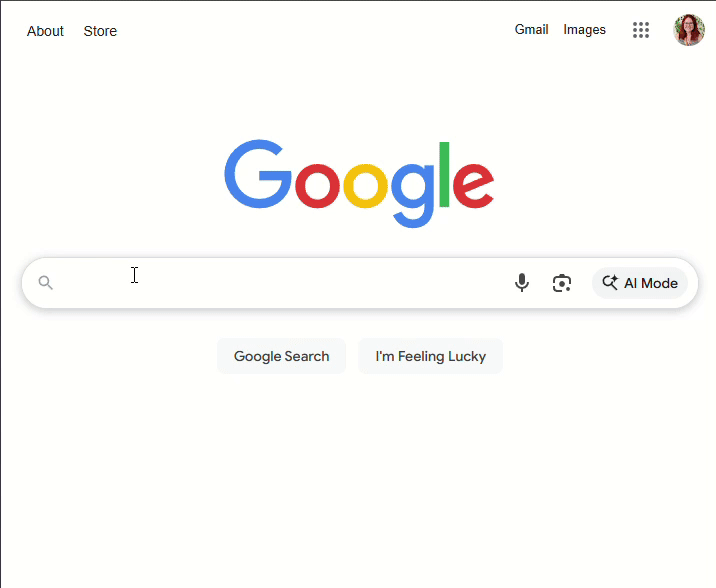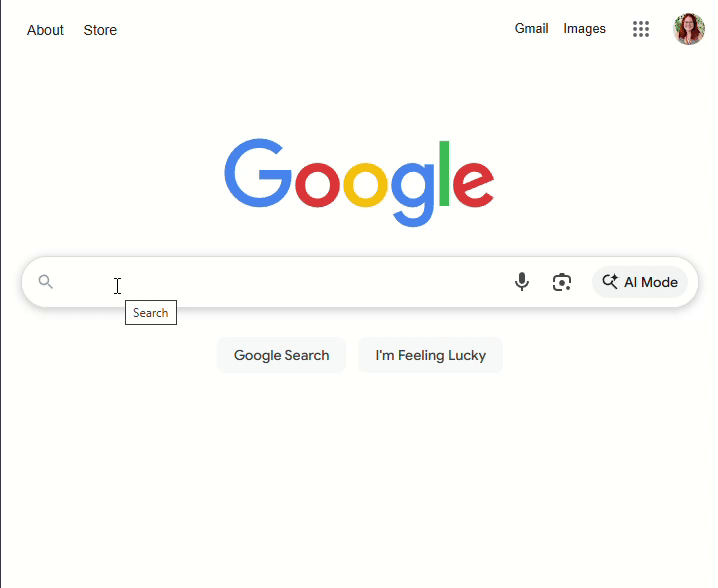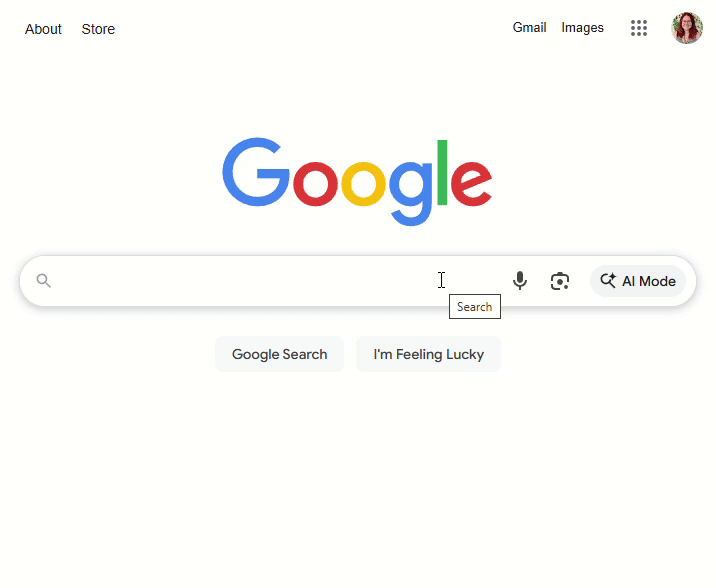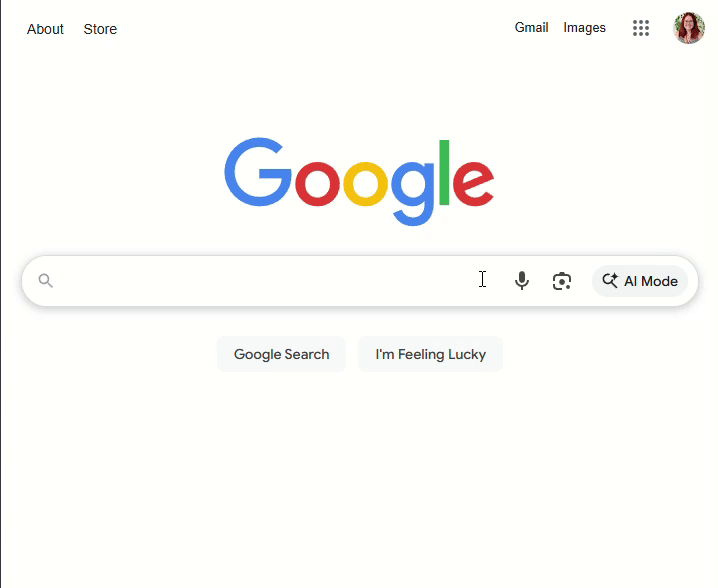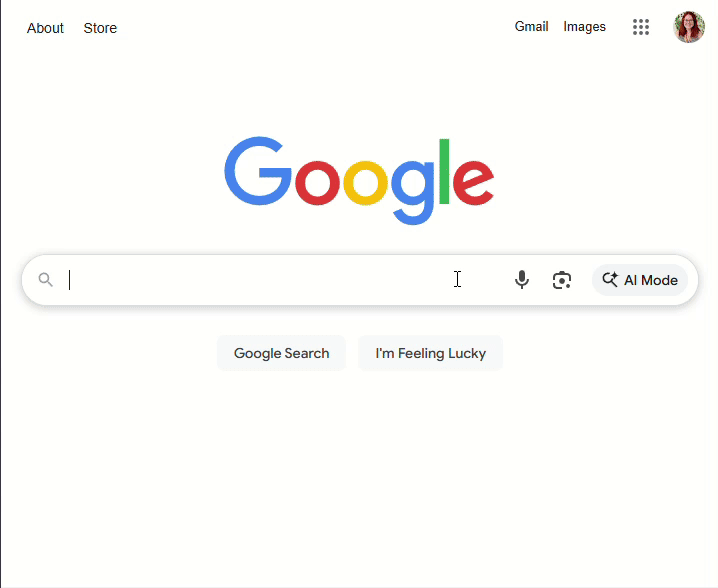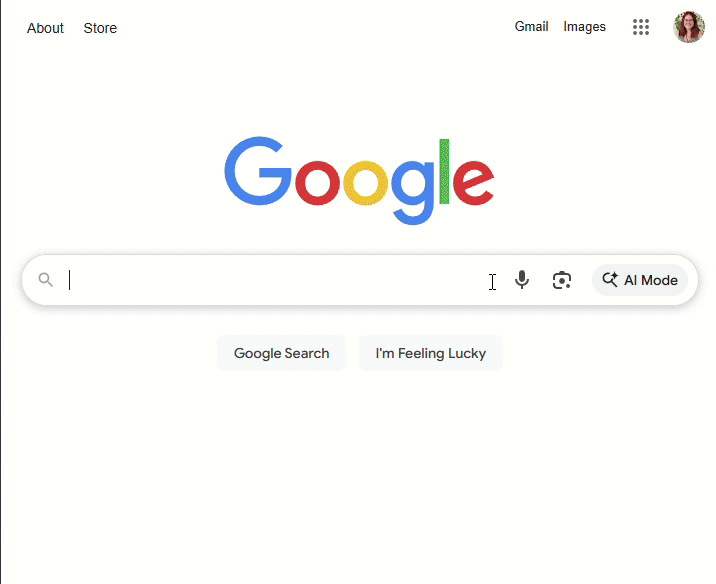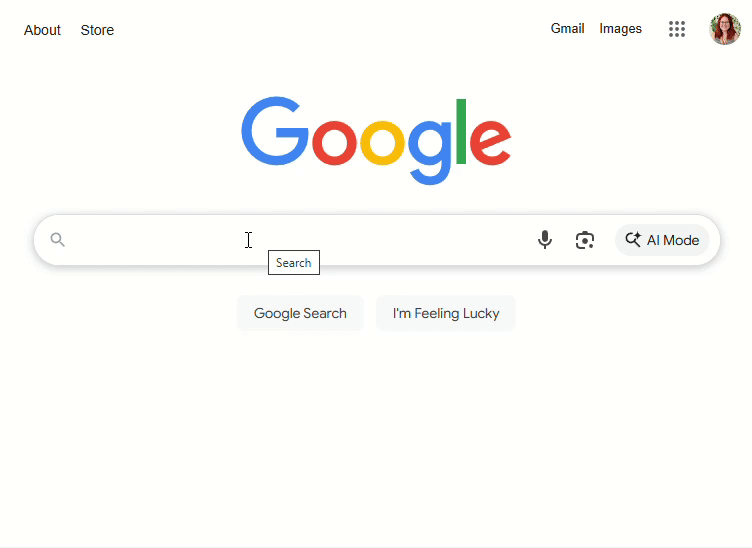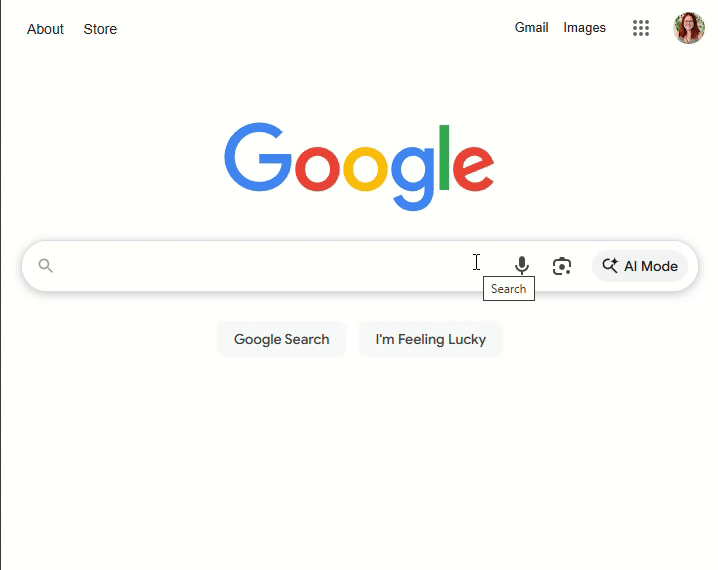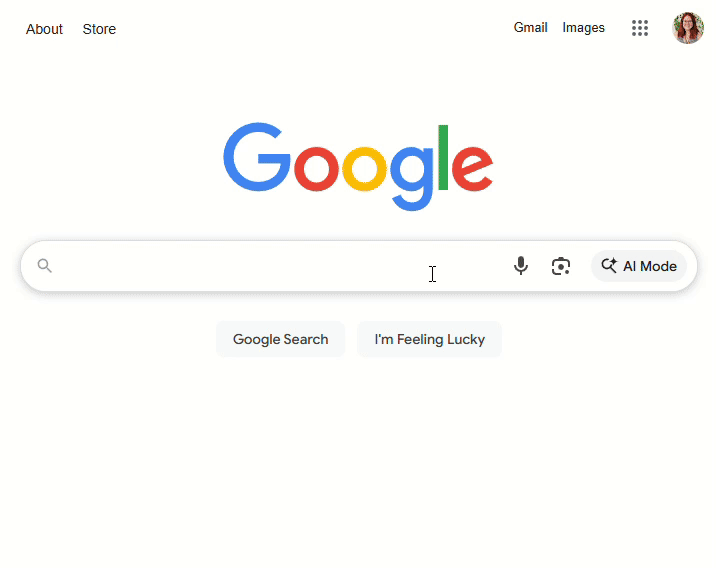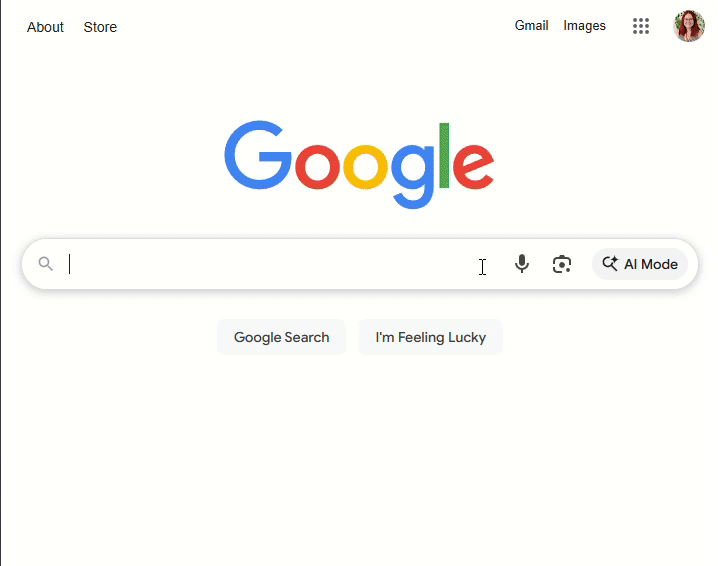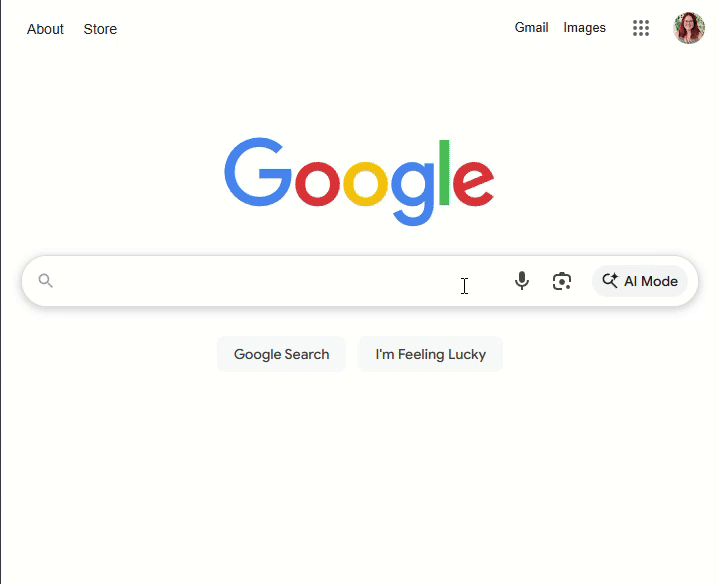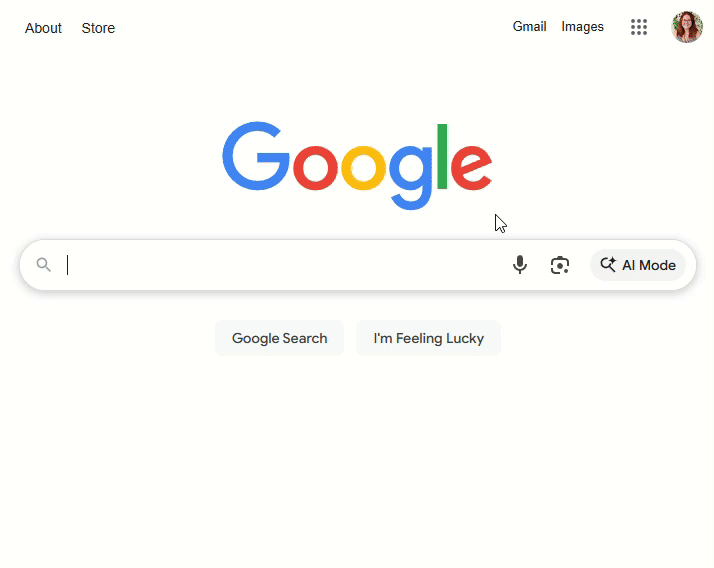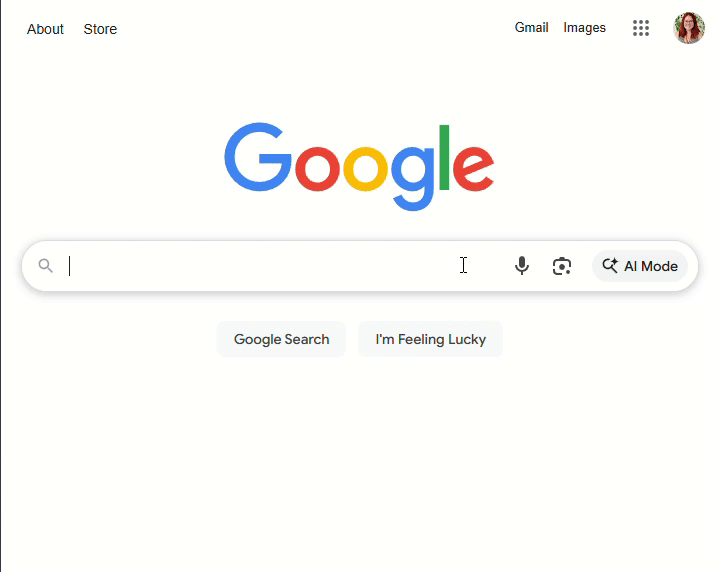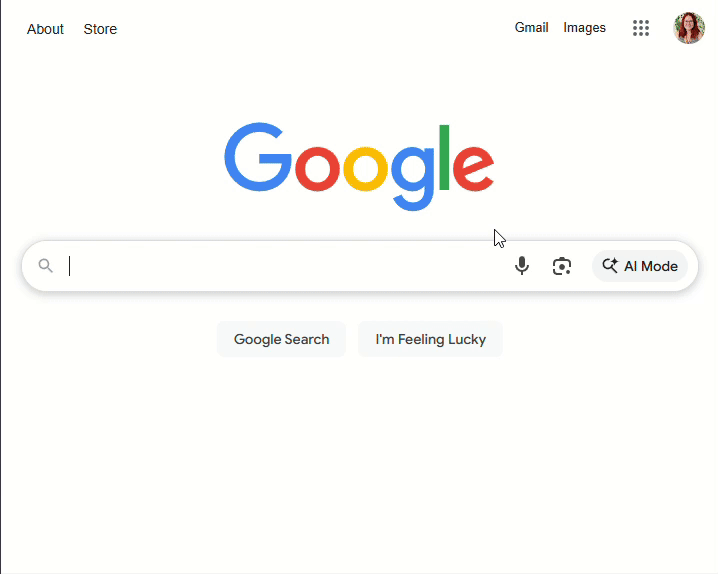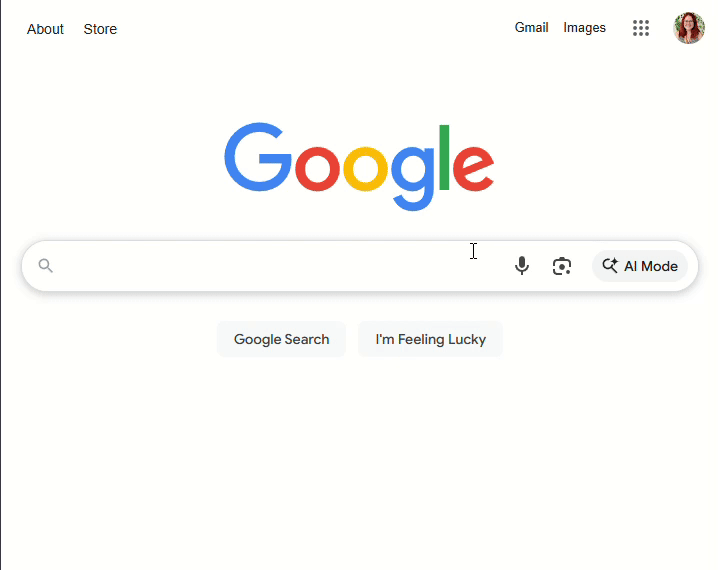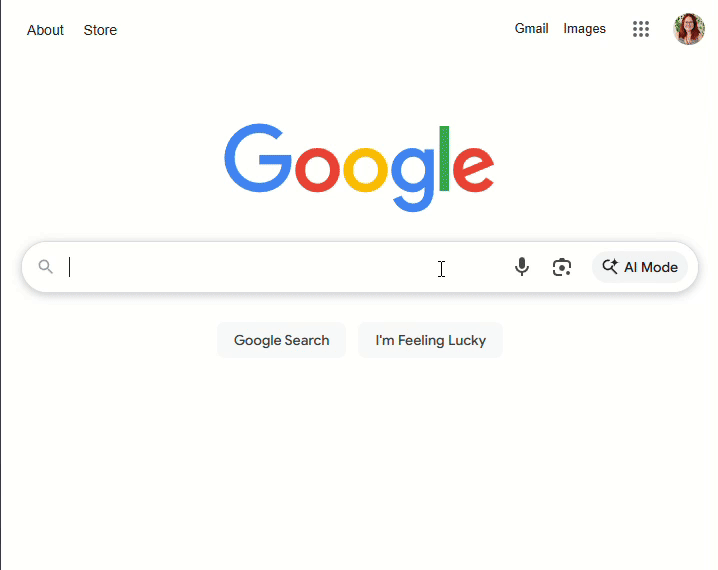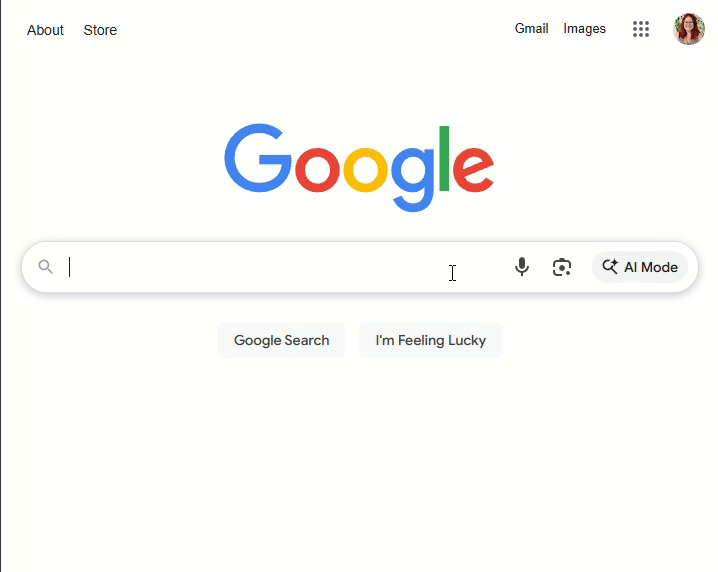SMART SEARCHING
‘Search Operations’ are specific inputs that you put into the Google search bar to narrow down the search results.
-
Every word matters.
Try searching for [who], [the who] and [a who] -
Order matters
Try searching for [blue sky] and [sky blue] -
Capitalisation does not matter
Try searching for [barack obama] and [Barack Obama] -
Punctuation does not matter*
Try searching [red, delicious% apple?] and [red delicious apple] -
*There are some exceptions! $ C# C++ Google +
But not: € © ® ÷ § % £ () or @ ? !

"Social psychological factors"
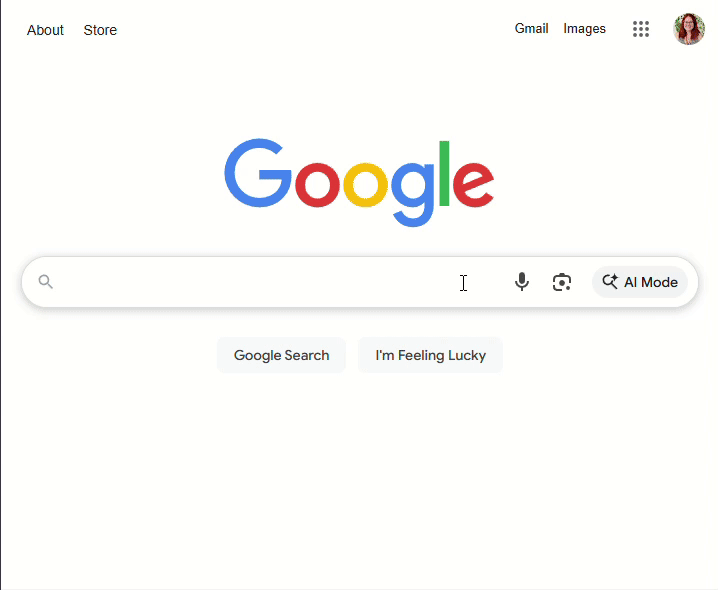
Use this if you are looking for an exact phrase - just add quotation marks.
This will only produce result that contain the exact phrase you search for. It will not include any results that have similar phrases.
You can also ‘link’ two phrases together using a + sign between them. This forces an exact search.
‘BUT, I WON’T REMEMBER ALL THAT!!!’
Don’t worry - you don’t have to!
You can also use the ‘Google Advanced Search’ page to save you having to remember the search operations mentioned above.

